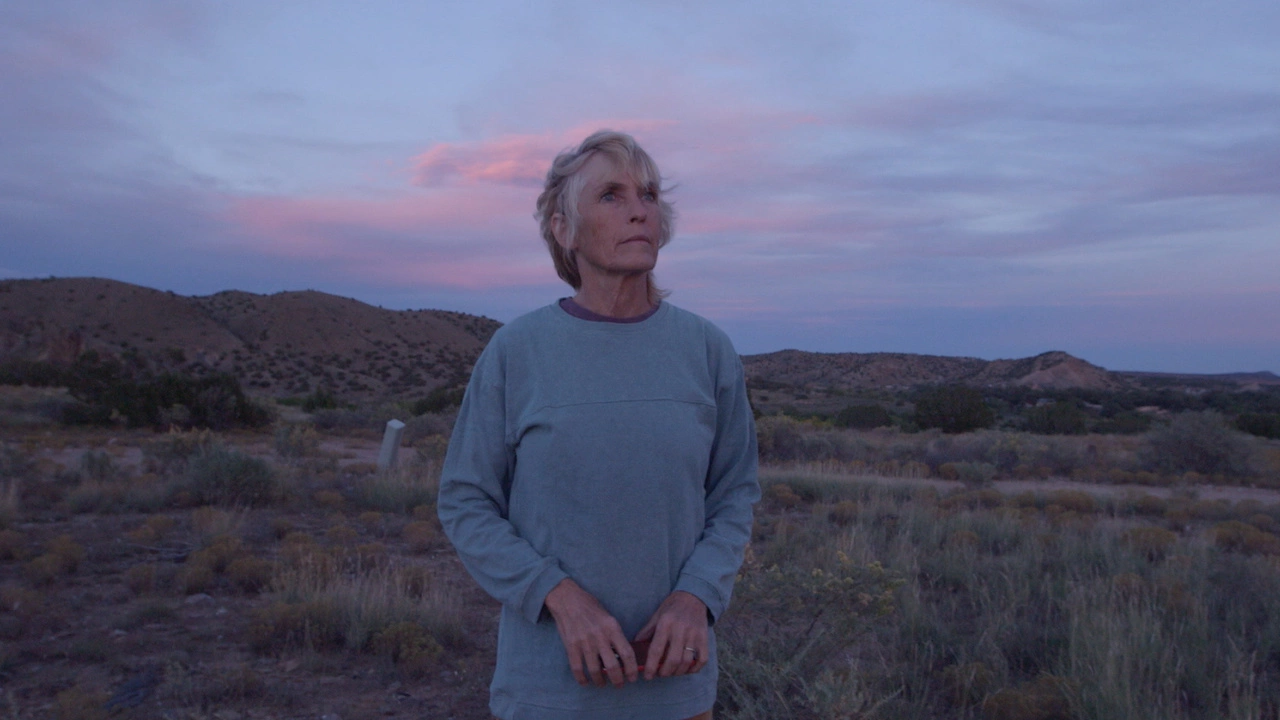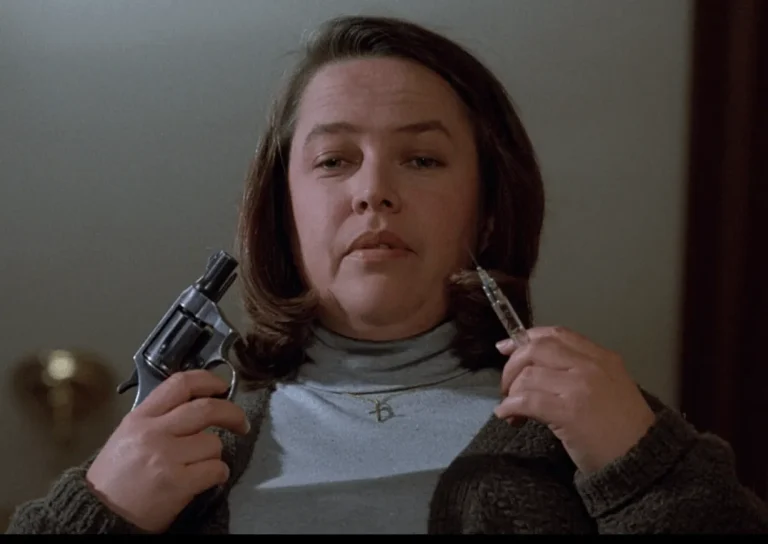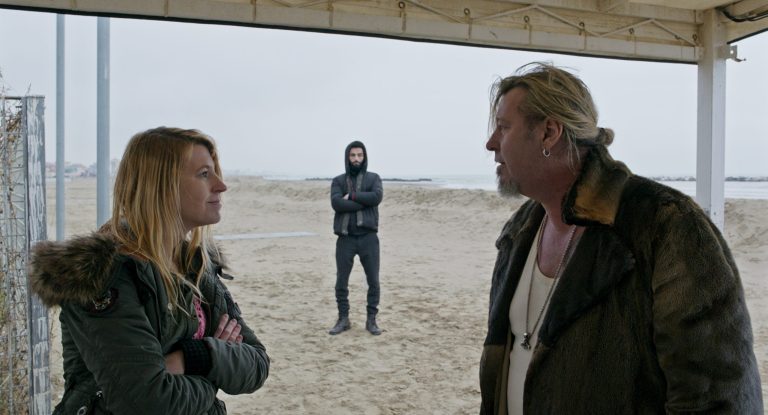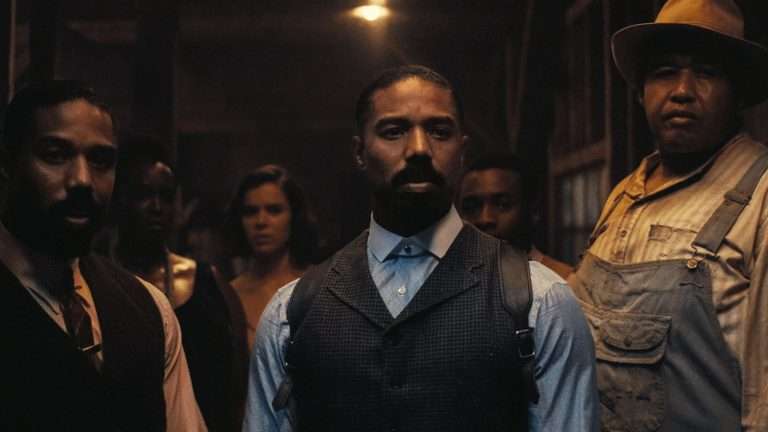How does one depict a love story bumbling with contradictions? When the two have already gone through several clashes over the respective individual construction of the self within the marriage, does it invest the relationship with newfound strength and vitality, or does it focalize its limitations further? If one cannot escape the intense love for the other despite finding the relationship too overbearing, how do they keep going? At what point do they make the decision of sticking through and once made, how do they assess the space they have within the relationship?
These are some of the rich, deeply felt questions Alix Blair brings up in her documentary “Helen and the Bear.” None of these have any easy, direct answers but only steadfastly gesture to the frequently conflicted identities of people, both individually and in relation to the other. We may not find pleasure in succeeding to connect dots or fully unload and release what we must but we can take some degree of comfort in our having tried nevertheless.
“Helen and the Bear” delves into the relationship between her aunt and uncle, Helen and Paul ‘Pete’ McCloskey, who served in Congress from 1967 to 1983. Pete, or Bear, as Helen fondly calls him, started out as a Republican but grew increasingly disaffected by the party’s brand of politics, emerging as one of the earliest vocal opponents of the Vietnam War. He was also among the first to rally for Nixon’s impeachment in the wake of the Watergate scandal. As much as he asserted his radical, unusual individuality, standing apart from the political consensus and ultimately switching to the Democrats, it had profound effects on his partners.
The film also highlights the interplay between loneliness and companionship. Helen is confronted by the realization of how stifling her marriage can be and whether she can imagine a life outside the one surrounding Pete. They have been together for thirty-seven years. She shudders at the thought that she may outlive him and will have to crawl into bed without him by her side. Blair presents an utterly fascinating deep dive into a marriage that Helen admits has been non-traditional.

There have been deep upsets, resentments, fracturing emotional distance, and a once-hovering possibility of estrangement. Ultimately, however, Helen and Pete are so connected at a fundamental level of being that their relationship overrides threats of absolute breakage. It’s a special kind of bond that has weathered a whole bunch of issues that would otherwise topple any other regular relationship.
Pete’s daughter from his first marriage calls theirs one of the best love stories. She wonders how Helen puts up with him. He confesses he, too, is. She adds that their romance may not always make sense, but Helen taught him how to love, which he couldn’t particularly show in his first marriage. The daughter acknowledges the hurt when her father didn’t even inform her or her siblings of his remarriage.
Pete is in the twilight of his life, and when we enter the film, his political career has more or less faded, albeit his appetite for it isn’t. It doesn’t take much to gauge how being with a man like him can drown out one’s own identity. He is always surging forth, often without little care for those who love him. The film distinguishes that it isn’t like he reduces his love over time, but he is too careless with it, taking people for granted and wilfully assuming everyone will be eager to be at his side constantly, no matter if the act erodes them completely. His first wife couldn’t endure the immensity of his shadow.
This is what Helen, too, struggled with, becoming acutely familiar with the inevitable strain being a diplomat’s partner attracts. Helen’s journal entries reiterate how unfree she felt in many years of their marriage. Through the journals, we also get a peek into her childhood. As a kid and well into her adulthood, she wasn’t someone too comfortable in her femininity. Helen learned she had to repress it for the sake of the public life and status that eventually revolved around her family and Pete. The documentary is told with heaps of vulnerability, candor, warmth, and affectionate acceptance of love’s vicissitudes, chafing at a thirst for independence.




![Toy Story 4 [2019] Review – A Pixar film you enjoy but do not take home](https://79468c92.delivery.rocketcdn.me/wp-content/uploads/2019/06/toy-story-4-featured-768x512.jpg)
![Close-Up [1990] : A Lie to achieve the greater Truth](https://79468c92.delivery.rocketcdn.me/wp-content/uploads/2016/07/vlcsnap-2016-07-07-23h48m41s087.png.jpg)


